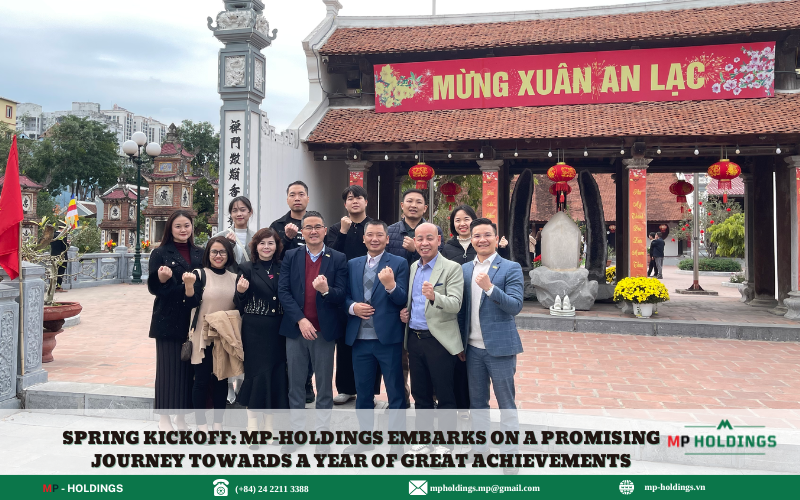In real estate, project legal documentation is not only a safeguard protecting investors from potential risks but also a key measure of a project’s value. For experienced investors, understanding and verifying project legalities is a crucial step before committing to any investment. So, what exactly is project legal documentation? And what are the core factors that drive success in real estate investment? Let MP-HOLDINGS help you decode it from A to Z.
What is project legal documentation?
Project legal documentation encompasses all the necessary documents, permits, and legal decisions related to the establishment, development, and operation of a real estate project. The key components include:
- Land Use Rights Certificate (Red Book): Confirms the legitimate ownership or usage rights of the developer over the land designated for the project.
- 1/500 Planning Approval and Construction Permit: Ensures that the project complies with local zoning and construction regulations.
- Sales and Fundraising Permits: Issued after the project has completed all legal requirements and is qualified for lawful sales.
- Developer’s Financial Capability Assessment: Verifies that the developer has sufficient financial resources to complete the project as promised.

Why is project legal documentation important?
A strong legal foundation minimizes risks and enhances transparency in a project. As a leading real estate developer, MP-HOLDINGS recognizes that:
- Avoiding Illegitimate Projects: Many projects encounter challenges due to incomplete legal documentation.
- Preventing Land Disputes: A solid legal framework helps avoid lawsuits and disputes during project implementation.
- Ensuring Investor Rights: Clear legal documentation reassures investors about project timelines and ownership rights.
Key legal considerations when investing
1. Verify project legal Documentation early
Early verification of legal documentation helps investors avoid hidden risks and ensures the project’s legality. Key steps include:
- Check the Land Use Rights Certificate: Investors should request the developer to provide the Land Use Rights Certificate (Red Book) of the project. Carefully review the information to ensure the land use is legitimate, free from zoning or legal disputes. This step helps mitigate risks such as project suspension or land recovery after investment.
- Confirm Detailed Planning: Ensuring that the project aligns with the 1:500 detailed planning is essential. This planning document serves as the legal basis for project implementation. Investors should verify that the project has been approved for detailed planning and possesses all necessary permits, ensuring lawful and sustainable development.
2. Critical legal documents
A complete legal dossier signifies a secure project. Essential documents include:
- Investment Certificate: A vital legal document authorizing the developer to implement the project, issued by the Provincial People’s Committee or the Ministry of Planning and Investment.
- Construction Permit: Confirms that the project complies with building codes and safety standards. Lack of this permit may lead to project suspension or demolition.
- Notarized Sales Contracts: These contracts protect the rights of investors and customers. They must be clearly notarized, contain all parties’ signatures, and comply with legal requirements.

3. Common legal risks to avoid
In real estate investment, various legal risks must be carefully considered. Here are some common pitfalls:
Beware of “Ghost Projects”: These are projects without construction permits, where developers conduct illegal sales. Investing in such projects risks losing capital or becoming entangled in prolonged legal disputes.

Readmore:5 things to do before investing real estate
Conclusion
Project legal documentation forms the cornerstone of secure real estate investments, offering peace of mind and risk mitigation. At MP-HOLDINGS, we prioritize legal compliance and are committed to accompanying investors at every step, from legal verification to project completion. Follow our journey here.












